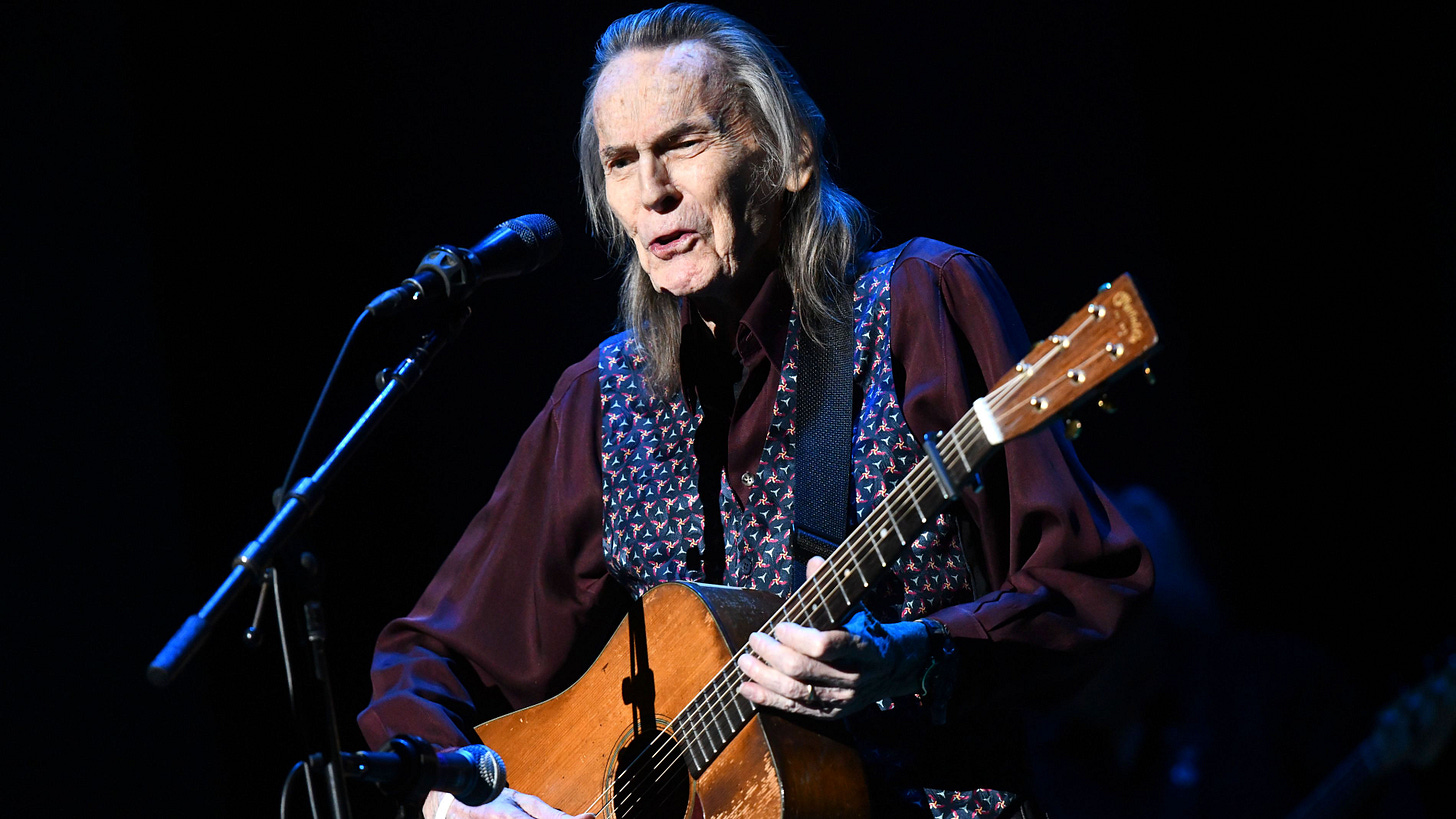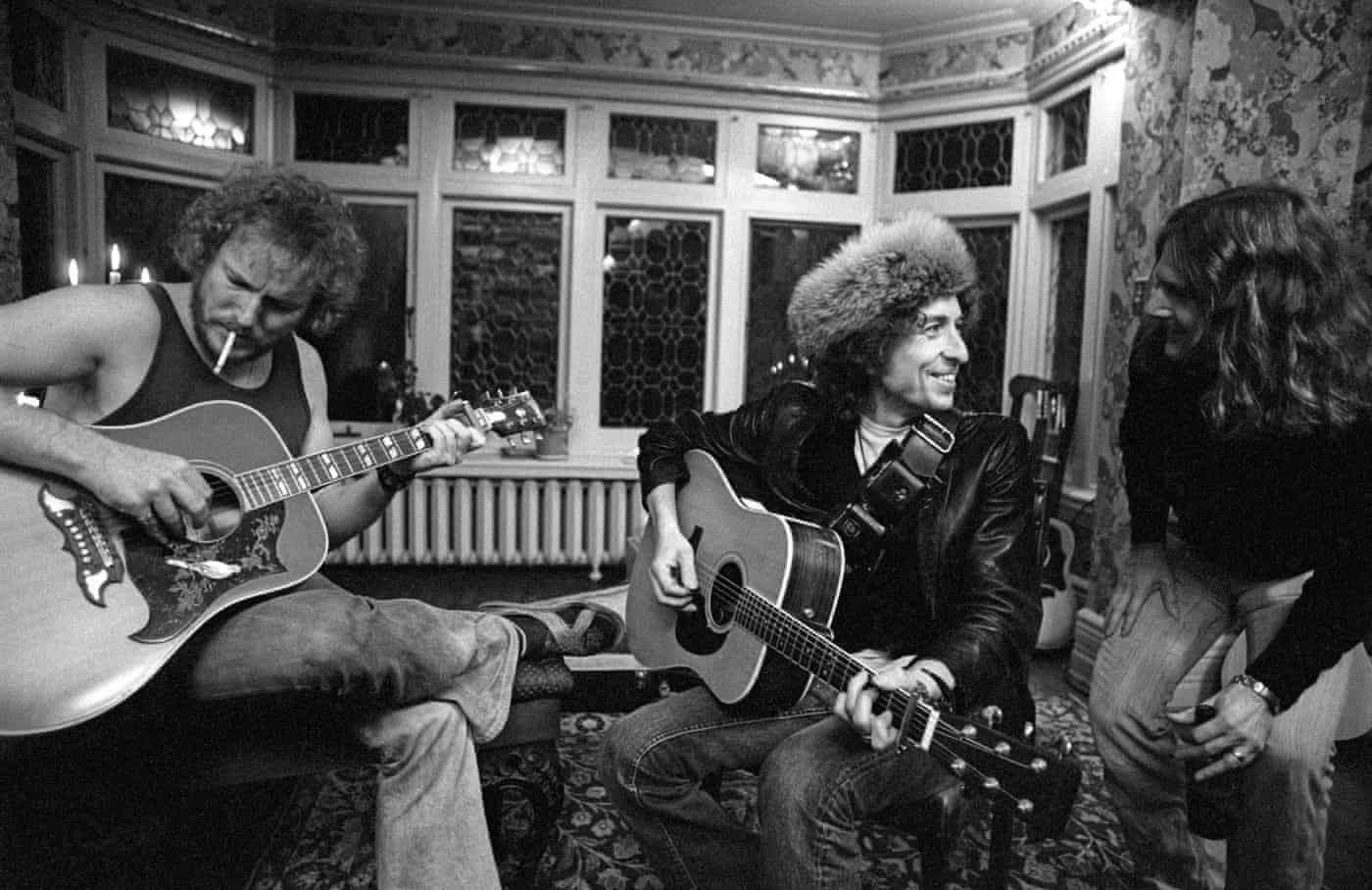Gordon Lightfoot was performing right up until the end.
Gordon Lightfoot was anything but cliché—so when I say he was the ‘genuine article’, this is not some trivial statement about the man’s artistic merit. Lightfoot was acknowledged by another songwriter/poet, Bob Dylan, as one of the greatest poet-songwriters of the time. Dylan also considers that Leonard Cohen deserves the title of poet. The era of Lightfoot, Dylan, and Cohen as popular songwriters of the ’60s is evidence of a magical renaissance period in music and songwriting.
Some music journalists define “the Sixties” pop music juggernaut as the period from 1964-1975. There really is no decisive way of assessing the exact moment the renaissance began or ended, and yet when we consider the measure of the musical poetry of that period, and consider the emotional maturity of many of the artist’s lyrics, it does seem realistic to label this segment in time as a musical apex in popular music history.
The song that defined Lightfoot’s early career was “Early Morning Rain.”
In the early morning rain
With a dollar in my hand
With an aching in my heart
And my pockets full of sand
I'm a long way from home
Lord I miss my loved ones so
In the early morning rain
With no place to go
Out on runway number nine
Big 707's set to go
And I'm stuck here in the grass
With a pain that ever grows
Now the liquor tasted good
And the women all were fast
Well, there she goes, my friend
She'll be rolling down at last
Hear the mighty engines roar
See the silver wing on high
She's away and westward bound
Far above the clouds she'll fly
Where the morning rain don't fall
And the sun always shines
She'll be flying o'er my home
In about three hours time
The Canadian Encyclopedia on the origins of the song:
“Written in the summer of 1964, it recounts a lonely man's attempts to make his way back to a faraway home. It was recorded first by Ian and Sylvia as the title song of their fourth LP (Vancouver VSD-79154); it was also a minor pop hit 1965-6 as recorded by the US trio Peter, Paul and Mary (Warner 5659) and a country hit in 1966 as recorded by George Hamilton IV (RCA 8924). Many other recordings followed, including those by Harry Belafonte, Johnny Cash, Judy Collins, Bob Dylan, Ronnie Hawkins, the Kingston Trio, Jerry Lee Lewis, Elvis Presley, the Travellers, and Josh White.”
In considering who Lightfoot was as a performer, the contexts of time and place are significant. I realize that this is always the case with any artist, or popular phenomenon (consider ‘Beatlemania’ of the same period as another facet of the musical renaissance.)
Life in the late sixties wasn’t about the money for most of the younger generation— and ‘Early Morning Rain’ is symbolic of this cultural detail. Cameron Crowe alluded to this aspect of 60’s youth culture in his film, “Almost Famous” with its tagline— “When music mattered.”
Two of my friend’s stories come to mind when I reflect on Early Morning Rain’s lyrics—
“In the early morning rain
With a dollar in my hand
With an aching in my heart
And my pockets full of sand…”
After performing in Greenwich Village in the late 60’s, a performer I know, was in Grand Central Station with a penny in her pocket. While waiting for her train, she spent her last cent at a gumball machine.
Another friend, who was a Vietnam vet, hitch-hiked from the east coast all the way to Kalispell, Montana with $30 in his pocket.
In 1977 I caught a last-minute bargain flight from LAX to San Francisco International Airport —sitting on a jump seat—for around $10. As I recall, it was a jumbo jet. Money was secondary— adventure and inspired choices ruled the day. It was an exciting time to be alive.
Lightfoot in the 1970’s—
Lightfoot was encumbered with a few of the well-known demons, namely: women and booze. His lyrics contained a few clues along the way. I consider “Sundown” the quintessential disclosure of his travails in this regard.
“Sundown”(©1973)—
I can see her lyin' back in her satin dress
In a room where you do what you don't confess.
Sundown, you better take care
If I find you bin creepin' round my back stairs.
Sundown, you better take care
If I find you bin creepin' round my back stairs.
She's bin lookin' like a queen in a sailor's dream
And she don't always say what she really means.
Sometimes I think it's a shame
When I get feelin' better when I'm feelin' no pain.
Sometimes I think it's a shame
When I get feelin' better when I'm feelin' no pain.
I can picture ev'ry move that a man could make;
Gettin' lost in her lovin' is your first mistake.
Sundown, you better take care
If I find you bin creepin' round my back stairs.
Sometimes I think it's a sin
When I feel like I'm winnin' when I'm losin' again.
I can see her lookin' fast in her faded jeans;
She's a hard lovin' woman, got me feelin' mean.
Sometimes I think it's a shame
When I get feelin' better when I'm feelin' no pain.
Sundown, you better take care
If I find you bin creepin' round my back stairs.
Sundown you better take care
If I find you bin creepin' round my back stairs.
Sometimes I think it's a sin
When I feel like I'm winnin' when I'm losin' again.
The following passages allude to the booze binges and love trysts gone south:
“Sometimes I think it's a shame
When I get feeling better when I'm feeling no pain
Sometimes I think it's a shame
When I get feeling better when I'm feeling no pain”
He repeats this phrase twice—in my mind, an emphasis is implied via repetition. The brilliance of the phrase has to do with how we may feel better when we’re inebriated—and yet, when we’re drunk and numb, we’re also missing out on the experience due to our absence.
“I can picture every move that a man could make
Getting lost in her loving is your first mistake
Sundown, you better take care
If I find you been creeping 'round my back stairs
Sometimes I think it's a sin
When I feel like I'm winning when I'm losing again”
I interpret this as—sin isn’t about the sex, it’s about the illusions of winning a lover’s heart, and yet being disappointed when the tryst ends. In effect—It’s a sin when we deceive ourselves.
—All is fair in love and war—
Gordon Lightfoot’s passing feels like a little piece of my soul died. He represented the soul of the poet during a cultural creative supernova. I’m grateful for the Lightfoot LP’s I have in my record collection and value them as I would a rare literary first edition. Last night I paid homage to the late poet. I played “Early Morning Rain”, “Sundown”, and “Carefree Highway” —on the turntable, of course.
“Sundown” and “Carefree Highway” were sequenced together on side one of the same album. One classic song right after the other, and both were #1 hits on the Billboard Top 100. The “Sundown” album is a must-own in my view of Lightfoot’s oeuvre.
When a poet dies, God weeps.
Carefree Highway(©1973)—
“Turning back the pages to the times I love best
I wonder if she'll ever do the same
Now the thing that I call living is just being satisfied
With knowing I got no one left to blame
Carefree highway, got to see you my old flame
Carefree highway, you seen better days
The morning after blues from my head down to my shoes
Carefree highway, let me slip away, slip away on you…”







Can't say I really cared for him all that much and I still respect him for his unique expression. Thank you for your heartfelt tribute.
He was popular before my time, but I came to love his music as a VERY young girl...toddler, even because one of my older brothers listened to him and several others from that time. (To illustrate how young I was out of 5 kids -- the brother closest to my age is 9 1/2 years older than me. Sundown is STILL my absolute favorite song of his.
By the mercy of God, May he rest in peace; and May Light Perpetual shine upon him. +JMJ+